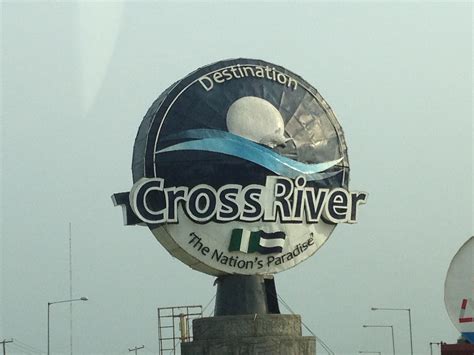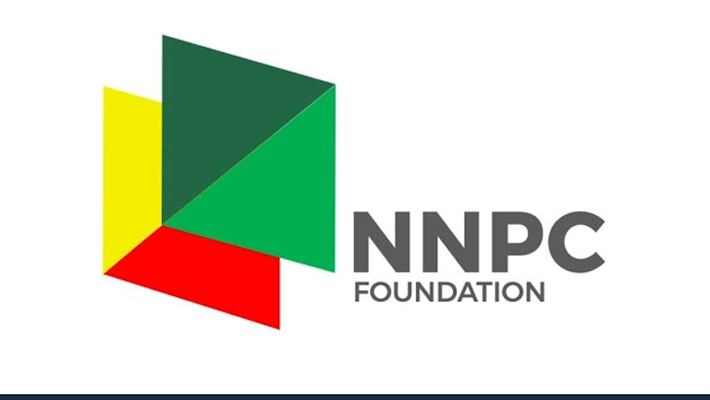The authorities have decided to take advantage of the vast resources in the country, particularly the Niger Delta region where the mangrove forest is lying in waste.
Towards this end, the federal government has decided to clean up and restore over 3000 hectares of land in the Ogoni area of Rivers State.
This development was made known by the Minister of State for Environment, Dr. Iziaq Salako. He was speaking at the Mangrove in Focus Conference .
While indicating that the exercise would be undertaken through the Hydrocarbon Pollution Remediation Project (HPREP), Salako said that youths and women are also being trained in mangrove restoration and raising of mangrove seedlings.
According to him, the ministry is currently working on a proposal for the development of a framework for a national mangrove park, as well as take necessary steps to establish a buffer zone and inventory of the mangroves resources. Not only that, the government, he said, will also embrace nature based solutions to support and enhance livelihoods, halt biodiversity loss and mitigate climate change.
The steps are being taken because the government appreciates the importance of mangroves to human existence. His words: “Mangroves are nature’s guardians of our coastlines, providing vital habitat for countless species, shielding communities from storms, and storing carbon dioxide. They are a shining example of nature-based solutions in action.
“Restoration of these ecosystems is essential for sustaining our well-being, food security and livelihoods of coastal dwellers. It is fundamental to building ecological resilience; mitigating climate change through carbon sequestration and adaptation, reversing biodiversity loss, acting as a natural barrier against storms, tsunamis and erosion and safeguarding lives and properties.”
The minister further disclosed that Nigeria has the largest mangrove ecosystems in Africa of about 857 sq.km and the third largest in the world, serving as a source of nutrients and energy for adjacent habitats.
“Importantly, most of the rural people living close to and interacting with the mangroves depend on it for their means of livelihood both for sustenance and income generation as well as other socio-economic benefits. Mangroves are biodiversity hotspots for diverse species supporting ecological balance, being a source of traditional medicine, and offering an opportunity for eco-tourism to support local economies.
“Cross River State, as you all know, houses most of the untainted mangroves with no oil exploration activities, and the swath of this mangroves forest hosts some of the world iconic species of fishes, crabs, oysters, black, red and white mangrove of the Rhizophora species, Calabar Mangrove ecosystems houses the endangered/endemic species of wild animals such Gorilla gorilla diehi popularly known as the Cross River Gorilla and the Sclater’s guenon (Cercopithecus sclateri), also known as Sclater’s monkey.
“It is an established fact that the coastal and marine areas of the Niger delta region in Nigeria are amongst some of the richest hotspots in Africa in terms of biological and mineral resources,” he said.
The minister, however, regrets that the mangrove ecosystem has been subjected to indiscriminate and unsustainable exploitation, as a result of increasing population and the emerging socio-economic demands. These, he said, have had consequences on the value and number of the plant and animal species as well as its enormous carbon habitat.
As if those challenges are not enough, the minister raised the alarm, saying, “Additionally, invasion of the mangroves by species like (Nypa Palm, Water Lettuce and Water Hyacinth), land-use change as well as global climate extremes events have resulted in reducing the productivity of these ecosystems and causing avoidable loss of income as well as food to the community. Invasive species equally clog waterways and make transportation of goods and services difficult from the mangroves to the hinterlands.”
However, he said there is hope now that the ugly development will be arrested. He said, the conference being organised by Stakeholder Democracy Network (SDN) in partnership with the United States Agency for International Development (USAID) further confirmed the increasing resolve of the present administration under the leadership of President Bola Ahmed Tinubu in recognising inclusivity as one of the strategic ways of tackling the numerous challenges bedevilling the nation’s environment particularly the mangroves.
He added that the conference is timely to complement the efforts of the government and underscore the importance of inclusivity in combating the numerous planetary emergencies.












